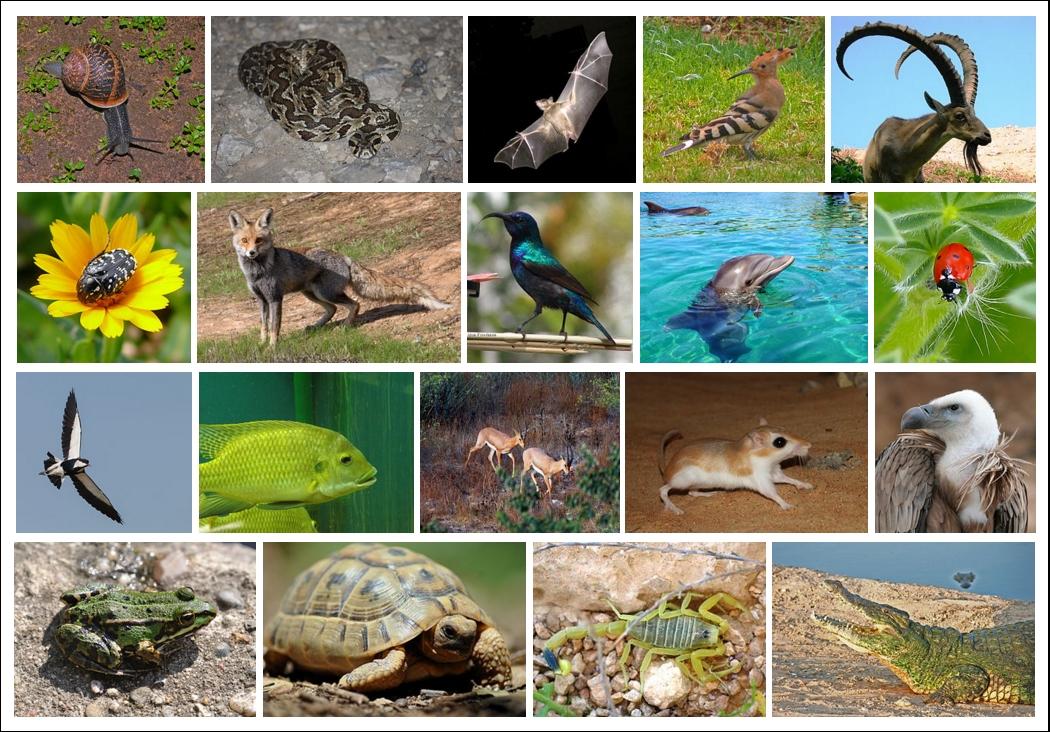
How Ducks Stay Dry
by Heather Wilson
Have you ever wondered how ducks stay warm and dry while swimming in cold water? Students will create a duck and then be able to test their theory!
Lesson Plan Link/URL
https://docs.google.com/presentation/d/1i83nVPEQGTBsVVgQ0ii-JbQqqqGOJiLE/edit?u…Subject Area
Science Life Science L2: Organisms & Energy L4: Evolution Engineering S4: Apply Science to Engineering English Language Arts (ELA) Writing Speaking & Listening
Featured
Off
Related Content

Grades:
6th Grade
This lesson takes place in a classroom over two weeks. Students may work in small groups of 2-3. Prior to the robotics challenge, teachers should facilitate student discussion through guided lessons

Grades:
6th Grade
In this unit, students will study the effects of acid rain and chemically engineer an environmentally friendly solution to neutralize the acid in a simulated river contaminated by factory run-off

Grades:
6th Grade
Students will construct a model of an ocean habitat to simulate an oil spill. They will then make observations about the behavior of the oil in the water and on the various items in the habitat model